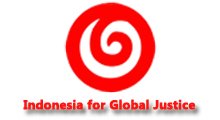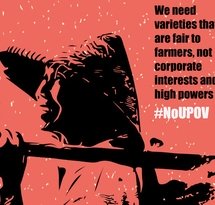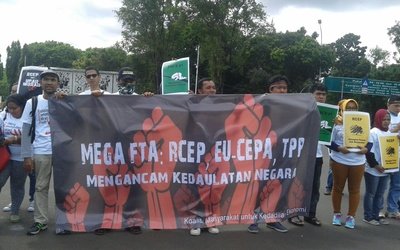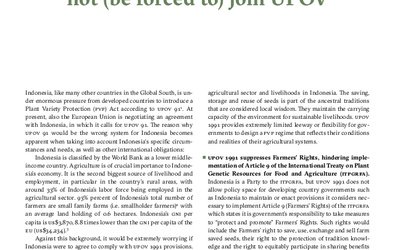Indonesia for Global Justice
External links

-
Letter / 30 June 2022
Open letter to the European Commission concerning plant variety rights in the Free Trade Agreement with Indonesia
Today, almost 90 organisations and networks from around the world, including Both ENDS, sent a letter to the European Commission to urge the EU to stop including UPOV91 in Free Trade Agreements (FTAs). The main objective of UPOV91 is to further erode traditional seeds rights and to regulate local seed markets in the interest of internationally operating seed companies.
This matter is urgent because currently, the EU and Indonesia are negotiating an FTA. Including UPOV91 in this FTA means that Indonesia will have to change its policies, which will take away the farmers' rights to:
- breed, save and exchange all seeds and other planting material
- participate in decisions concerning seed improvement/ breeding, selection, quality standards, pricing, production, distribution and diversity
- customary practice especially in regard to indigenous seed
- be protected from being sold fake and inappropriate seed
- have a true choice between the use of certified and seed from fellow farmer managed seed systems. -
Press release / 30 June 2022
Civil society calls upon EU and Indonesia to respect the rights of Indonesia’s farmers

89 NGOs and farmers' organisations from Indonesia, the EU and around the world sent open letters to the EU Commission and the Indonesian government today, calling on them to refrain from any clause that restrict farmers' rights in a future free trade agreement.
-
Letter / 30 June 2022
Open letter to the Indonesian Government concerning plant variety rights in the Free Trade Agreement with Indonesia
On behalf of almost 90 CSO's and networks including Both ENDS, IGJ has sent a letter to the Indonesian government about the free trade agreement with the European Union. In this agreement, the EU pushes Indonesia to align its plant variety protection laws with UPOV 91, which would threaten farmers' access to seeds, food souvereignty and agrobiodiversity. The main objective of UPOV91 is to further erode traditional seeds rights and to regulate local seed markets in the interest of internationally operating seed companies.Including UPOV91 in this FTA means that Indonesia will have to change its policies, which will take away the farmers' rights to:
- breed, save and exchange all seeds and other planting material
- participate in decisions concerning seed improvement/ breeding, selection, quality standards, pricing, production, distribution and diversity
- customary practice especially in regard to indigenous seed
- be protected from being sold fake and inappropriate seed
- have a true choice between the use of certified and seed from fellow farmer managed seed systemsThe joint organisations therefore call upon the Indonesian government to resist the ask of the EU to comply with UPOV 91.
-
Publication / 12 April 2022
-
News / 11 October 2019
Rights for people, rules for corporations: the case of Indonesia

In Indonesia, US-based mining companies succeeded to roll back new laws that were meant to boost the country’s economic development and protect its forests. This is the level of impact that investment treaties can have on social, environmental and economic development and rights. Why? Because of the ‘Investor-to-State Dispute Settlement’ (ISDS) clauses that are included in many such treaties.
-
News / 26 January 2017
No lessons learnt from TTIP and CETA in current trade negotiations EU - Indonesia

From 24-28 January 2017, the second round of negotiations towards a Comprehensive Economic Partnership Agreement (CEPA) takes place between the EU and Indonesia. The proposed agreement covers far-reaching liberalisation and deregulation that can have severe impacts on society, people and the environment. Civil society organisations, including Both ENDS, released a statement to express their concern and call upon the negotiators to halt the process and fully assess the potential environmental and social impacts of the agreement.









